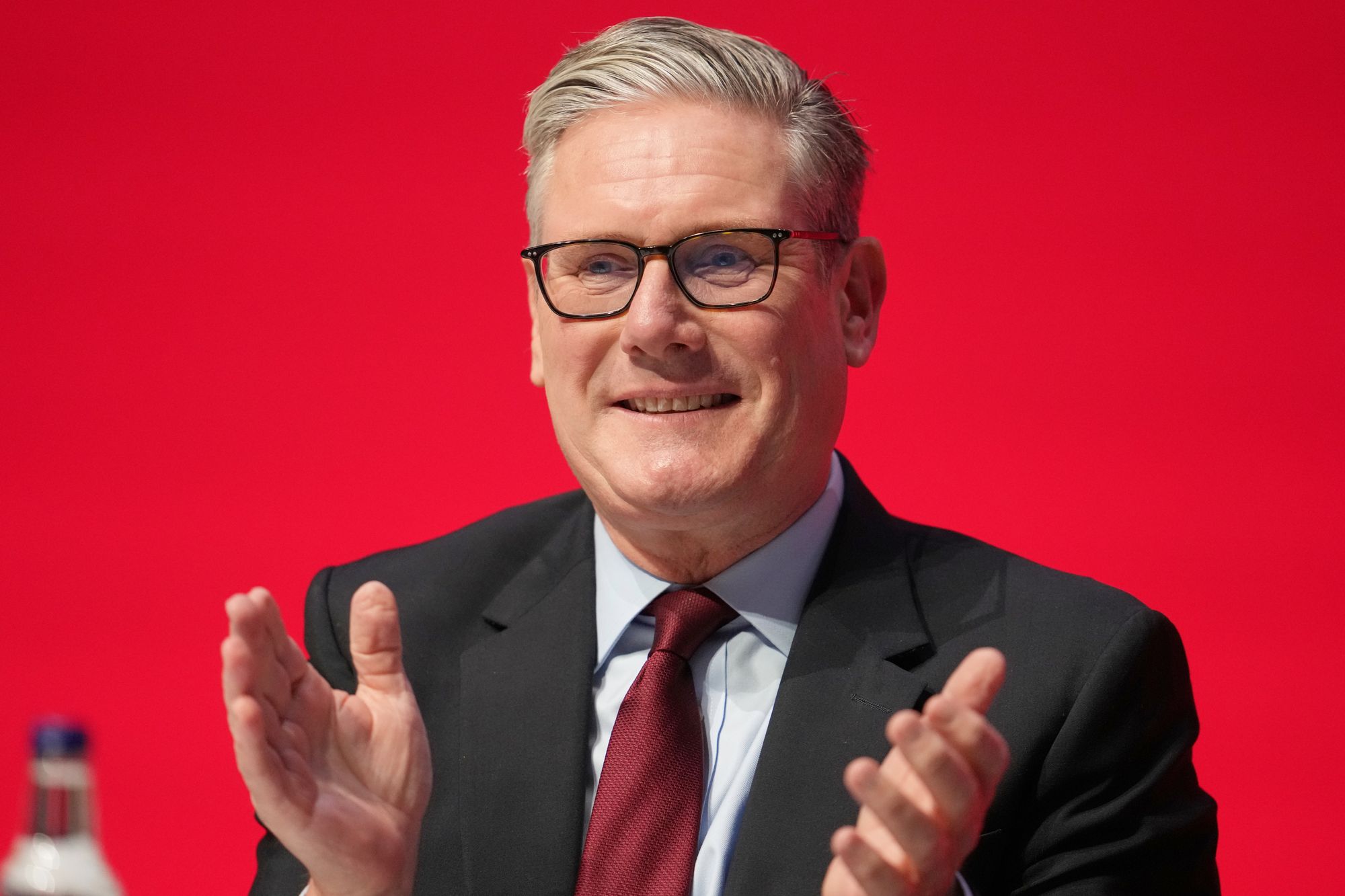Sir Keir Starmer has questioned the government’s emphasis on mental health benefits over wider support, expressing concern that young people could end up dependent on welfare for life.
On BBC Radio 4’s Today programme, the prime minister was asked if the government would tell those with anxiety and depression that their conditions are no excuse to stop seeking work.
He responded: “I think we need to look again at this issue of mental health and ask ourselves a fundamental question, which is: would we not be better putting our money in the resources and support that is needed for mental health than simply saying, it’s to be provided in benefits?”
“I’m not saying you shouldn’t have benefits for mental health issues, but I do think we need to examine this quite carefully. I have to say, I am particularly concerned about young people in this regard – there are about a million young people who are on benefits, not all for mental health issues, but quite a number for mental health issues.

“I think that is wrong, and I don’t just say that because of the spending implications. I say it because if you are on benefits in your twenties, it is going to be extremely difficult to get off benefits for the rest of your life. It is not good, and there’s a million young people in that position. So there’s a moral case for changing that, that I’m perfectly prepared to make.”
In its election manifesto, Labour pledged to recruit 8,500 more mental health workers. Data published by the Department of Health and Social Care in June showed the government had hired 6,700 so far, as part of its £680m plans.
In addition, the party said it would put a specialist mental health professional in every school, but that this would not be fulfilled until 2030.
Ministers are hoping people needing support will use the NHS app, where they can self-refer for talking therapies without needing to have an appointment with their GP first.
The Treasury will also fund the construction of 85 new dedicated mental health emergency departments. The £120m project was announced in the spending review earlier this year.
The government is under pressure to bring the spending on benefits down, with the figure rising by £20bn since the start of the Covid-19 pandemic. The projected increase by the end of the decade is £70bn.

It said the number of working-age people claiming a sickness or disability benefit could reach 4.3 million by 2030 unless changes were made.
Mark Winstanley, chief executive of mental health services charity Rethink Mental Illness, warned against the government withdrawing support alone.
He said: “There are a record 1.8 million people on mental health waiting lists, with many falling into crisis and losing their jobs as they face extraordinarily long waits for treatment. We agree with the prime minister that more money should be invested in helping people access treatment.
“At the same time, we know secure work protects mental health, but many do not receive the right support into employment, and simply cutting someone’s financial lifeline alone will be counterproductive.
“The real task is to build capacity in the health system and expand targeted employment programmes, done sensitively but quickly, to reduce economic inactivity among young people.
“This requires government working closely with frontline organisations to get it right.”




